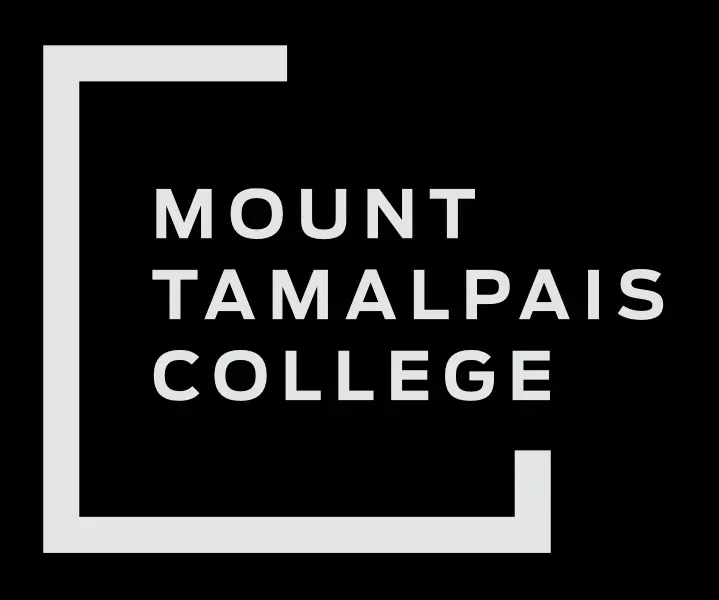Best Practices for Teaching the Humanities to Nontraditional Students
In a higher education system that is serving more adult and nontraditional students than ever, how do we shape learning experiences that reflect the unique strengths and challenges of this set of students? How do we create classrooms in which students feel that they belong, are invested in learning, and are part of something that will contribute knowledge and meaning beyond the classroom?
At their best, such classrooms reflect a core set of values and a replicable and adaptable set of practices that can be utilized regardless of our institution or academic discipline. This project is designed to share what has for experienced educators of nontraditional students across setting, location, and time, in an effort to create more positive classroom experiences for both students and faculty.
We hope this project leads to a larger conversation about how best to serve and support all students in a changing and often challenging educational system.
VALUES
What we do in the day to day, inside the classroom, goes beyond practices and techniques. With that understanding, we have built this guide around five key values that act as organizing principles for effective teaching and student-centered education.
The values work toward inclusive, engaged, and impactful college-level classroom communities for nontraditional students, but can be a resource for any educator. Indeed, approaching a traditional classroom as if it is a nontraditional classroom will aid in supporting the diverse needs of all students, inside the university and outside it.
A Note on Terminology:
Throughout this guide, we refer to those who teach the class as “teachers” or “faculty” recognizing that depending on institution or academic background, they may also be “instructors” or “professors.” We decided to keep our emphasis on the action itself—teaching—versus the titles and ranks we often engage in academic settings. Similarly, we refer to those in our classrooms as students, understanding that they are also learners, participants, and individuals with full and rich lives beyond that setting.
This project is an initiative of the Clemente Course in the Humanities with support from Bard College, the Open Society University Network (OSUN), and Mt. Tamalpais College.



All Rights Reserved
